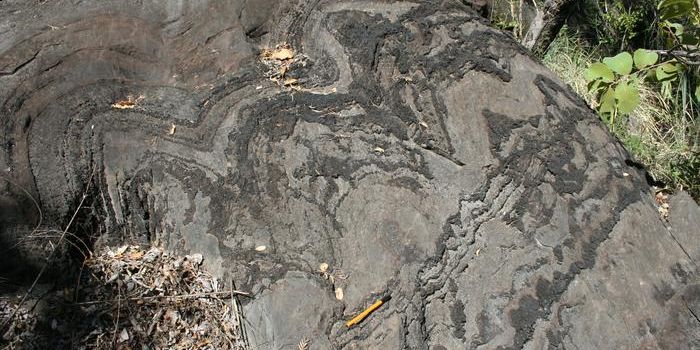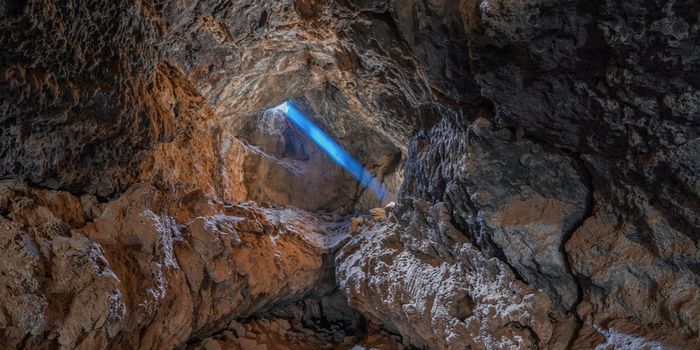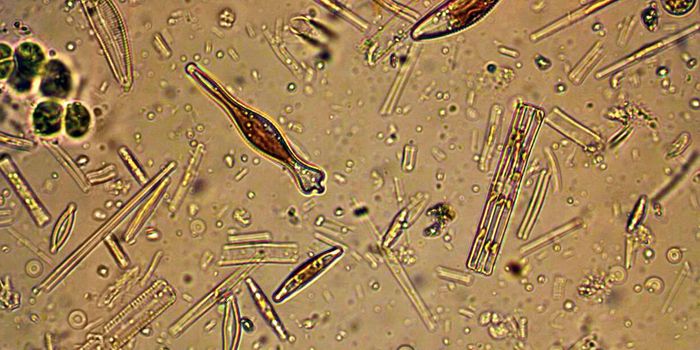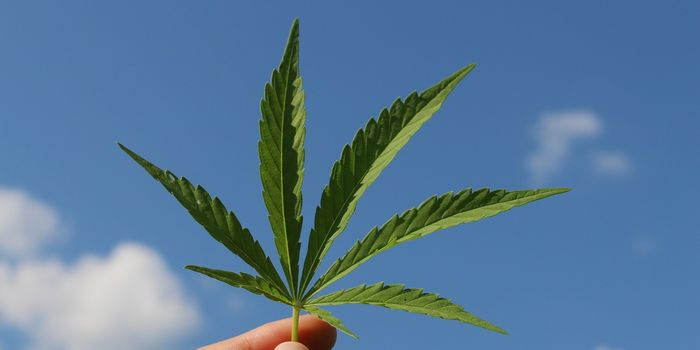Is This the Oldest Animal Ever Found?
Scientists have long been investigating the origins of life, and researchers can use genetic, molecular, and paleontological tools to do so. While there is some molecular evidence that animals first arose during the Neoproterozoic era that stretches back 541 million to 1 billion years ago, and more specifically, during the Cryogenian period, there isn't much physical evidence to prove that hypothesis. However, scientists have begun to identify what may be ancient fossilized microbes that could represent the oldest animals. Earlier this year, for example, researchers found what they described as fossils of ancient sponge-like animals that could be as much as 635 million years old. At the time, they were thought to be one of the oldest fossils of an animal ever discovered.
Now, a study reported in Nature has described the identification of a potential sponge fossil that may be 890 million years old, which would make it the oldest animal ever found by a wide margin. This fossil was found on an ancient reef. Like the previous study, these fossils amount to markings on rock, making them challenging to ascertain fully.
The study suggested that these sponge-like animals only lived on reefs that photosynthesizing, calcium chloride-releasing bacteria built about a billion years ago, which are now located in Northwest Canada, where the samples were collected. The ancient, sponge-like, metazoan creatures lived on the reefs where the bacteria could not, in microniches.
These fossilized reefs now have tube-like networks snaking through them. These resembled sponges just like those that are thought to be some of the oldest animals, and are what we'd expect from an ancient metazoan fossil, the research report noted. Other scientists agree that the first animals may have been sponges or like sponges.
The study author, Professor Elizabeth C. Turner of Laurentian University, added that if this fossil is indeed from that long ago, it's one of the few survivors of the repeated ice ages that occurred during the Cryogenian period.
While this report may be difficult to confirm directly, other, similar fossils may soon be discovered, considering that only a few months ago we learned of another ancient sponge-like creature.
Source: Nature








